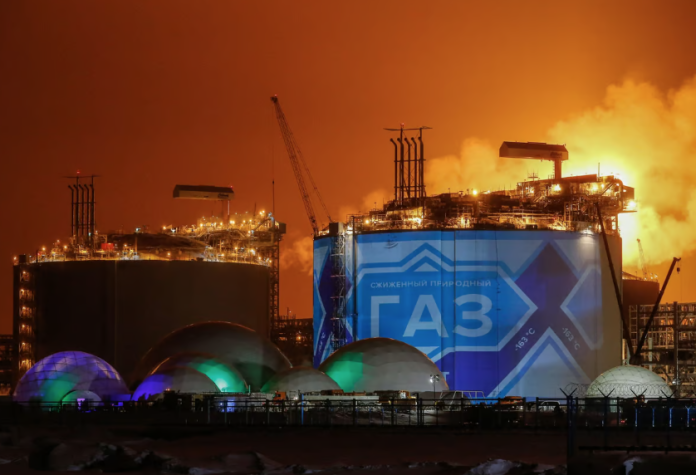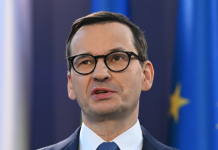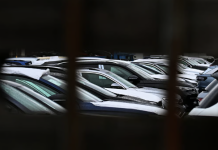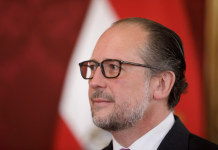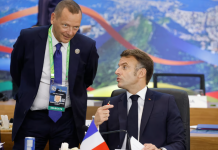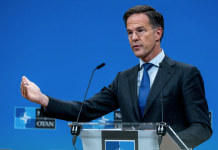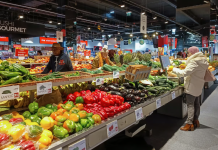Poland and nine other EU countries are pushing to deprive Russia of billions of euros that it uses to fund its war in Ukraine by tightening restrictions on Moscow’s fossil fuel exports — particularly liquefied natural gas (LNG) — and its access to foreign finance.
In a joint proposal, seen by POLITICO, the 10 countries — Poland, Estonia, Latvia, Lithuania, Denmark, Sweden, Finland, Czechia, Romania and Ireland — urged “further action” to close loopholes and take aim at Russia’s lucrative natural gas sales. Warsaw is a significant signatory as it assumed the influential presidency of the Council of the EU at the start of this year, giving it the power to set the agenda in Brussels.
The countries complained Russia had earned €200 billion from fossil fuel sales to the EU since the full-scale invasion of Ukraine in February 2022, and that LNG imports from Russia rose 11 percent in the first half of 2024.
“Russia’s ability to sustain its war efforts is deeply intertwined with its energy revenues,” the document reads. “We need to take a further leap and address the increasing Russian liquefied natural gas imports. As an end goal, it is necessary to ban the import of Russian gas and LNG at the earliest date possible.”
Despite European pledges to reduce reliance on Russia, Moscow remains a major supplier of seaborne LNG to the bloc. Data collected by intelligence firm Kpler, seen by POLITICO, showed the EU has imported 472,000 metric tons of the super-cooled gas since the start of this year alone, significantly higher than the pre-war average.
While a more gradual phaseout of Russian gas is possible, the group of countries says, Brussels needs to step up sanctions against the country’s LNG tanker fleet, “prohibiting docking and maritime services on EU territory.”
The proposed measures also extend to new bans on importing metals such as aluminum from Russia; slashing reliance on Russian nuclear fuel; streamlining and providing legal backing for border inspections; and sanctioning financial institutions in third countries that allow Moscow to circumvent Western banking rules.
“Restrictions on crypto assets is another area worth exploring further,” the document reads.
With Poland in the rotating presidency, the European Commission is expected to bring forward a new tranche of anti-Russia sanctions early this year, amid pressure to drain the Kremlin’s war chest ahead of the third anniversary of its full-scale invasion of Ukraine next month.
However, Hungarian Prime Minister Viktor Orbán has vowed to oppose new restrictions on the energy sector, while neighboring Slovakia is pushing to increase imports of Russian gas rather than end them.

